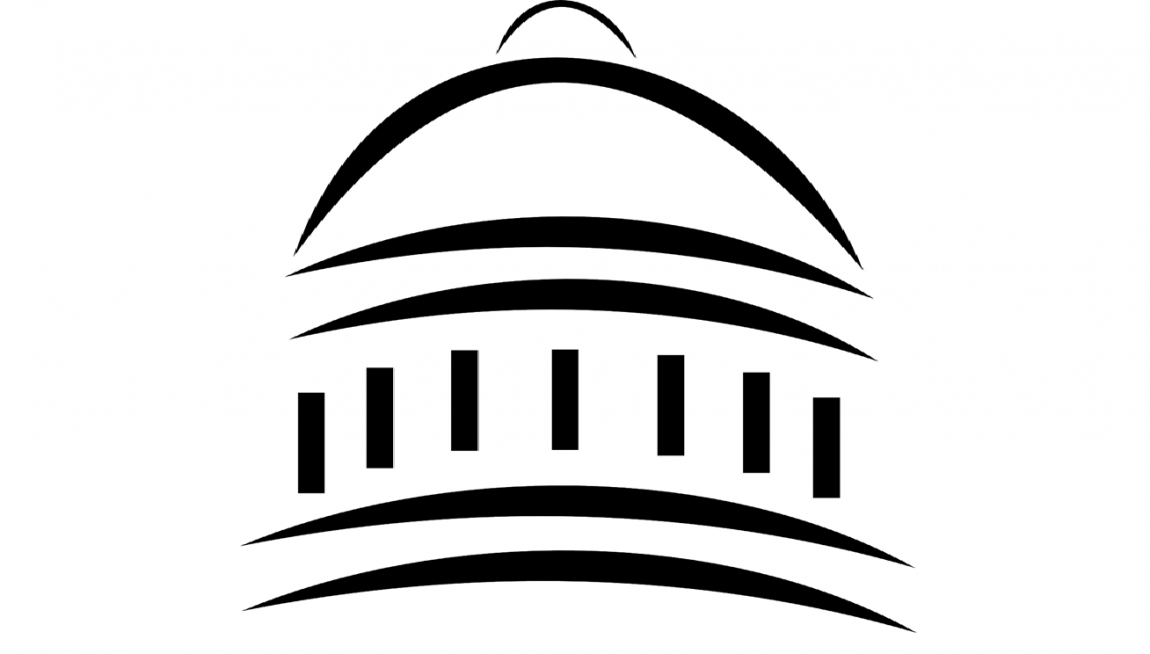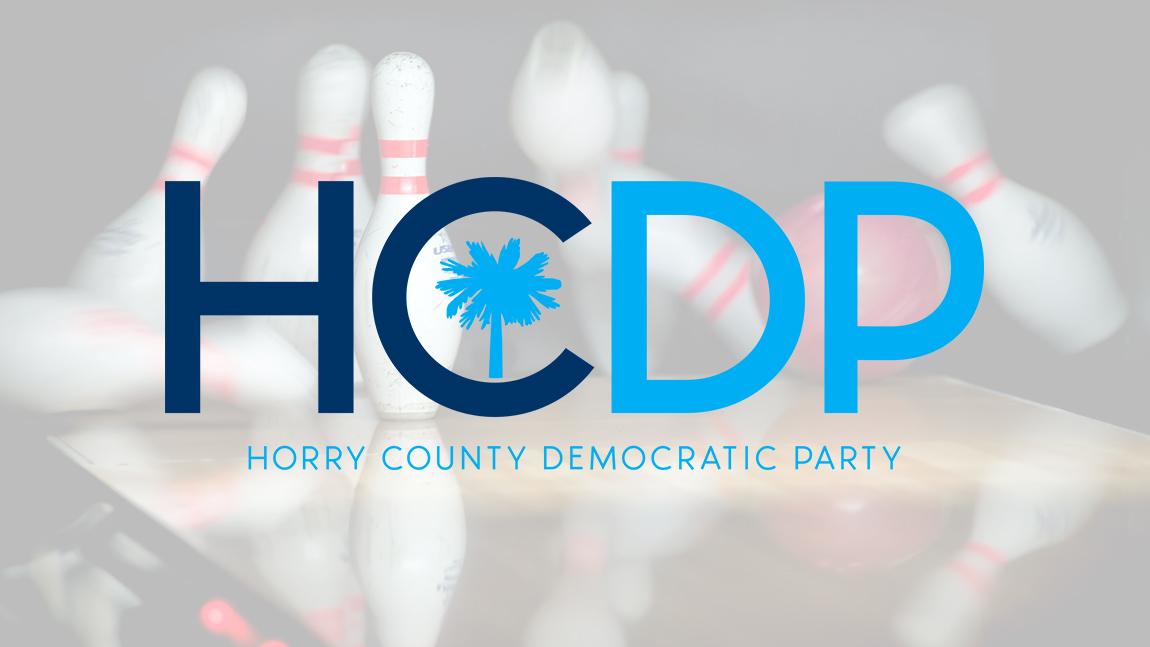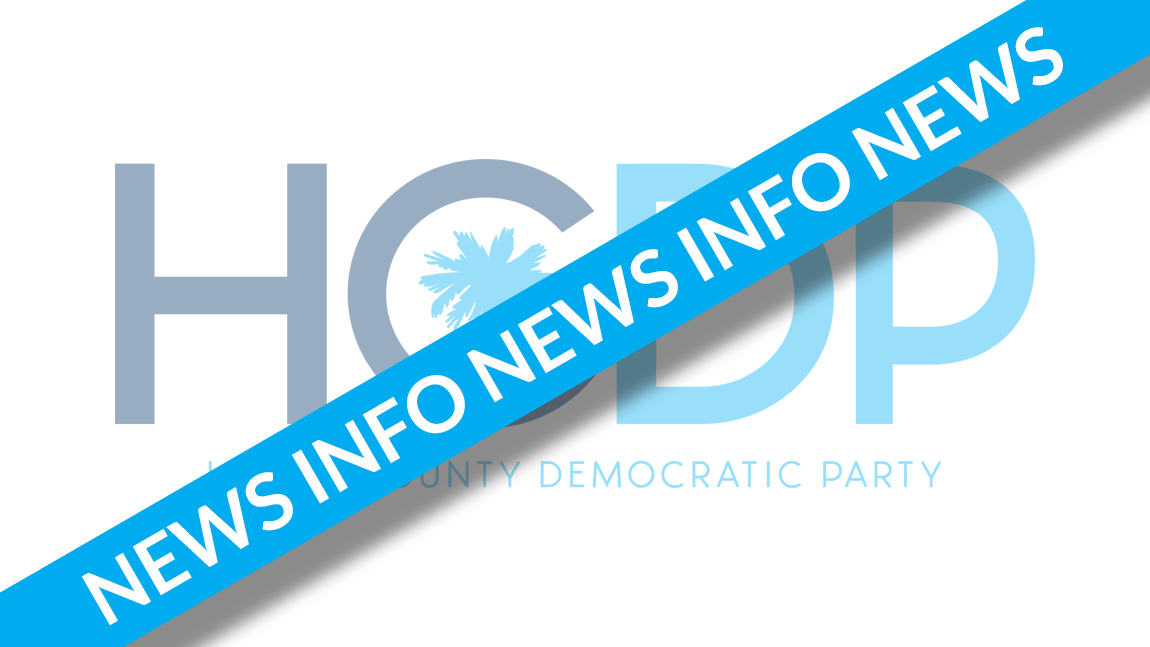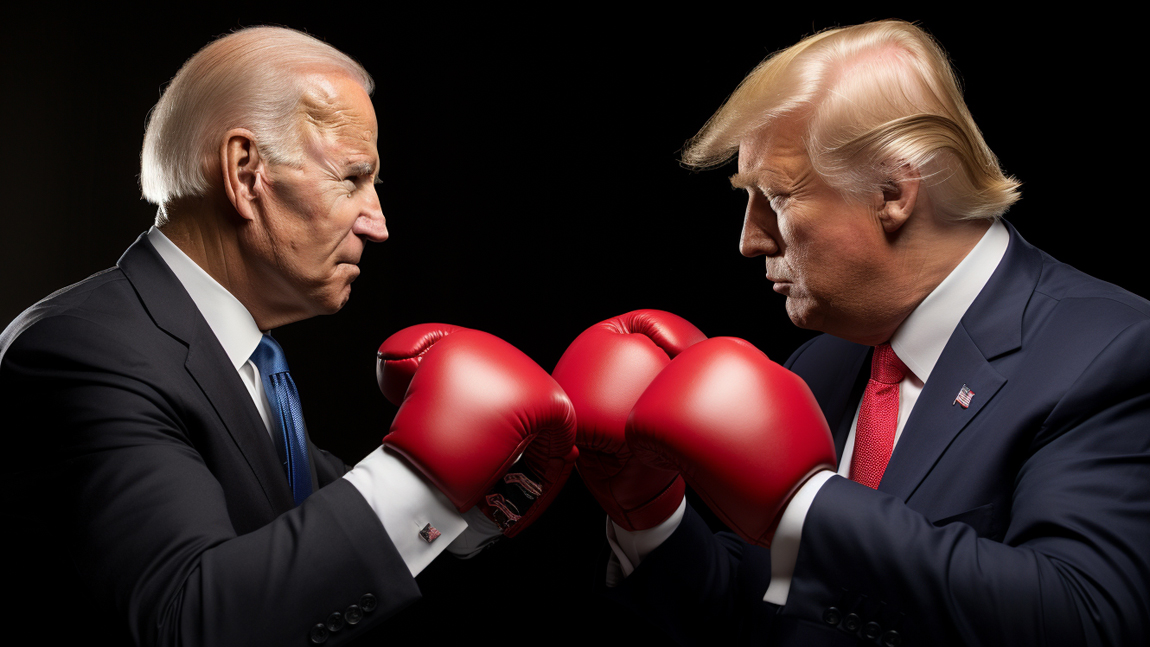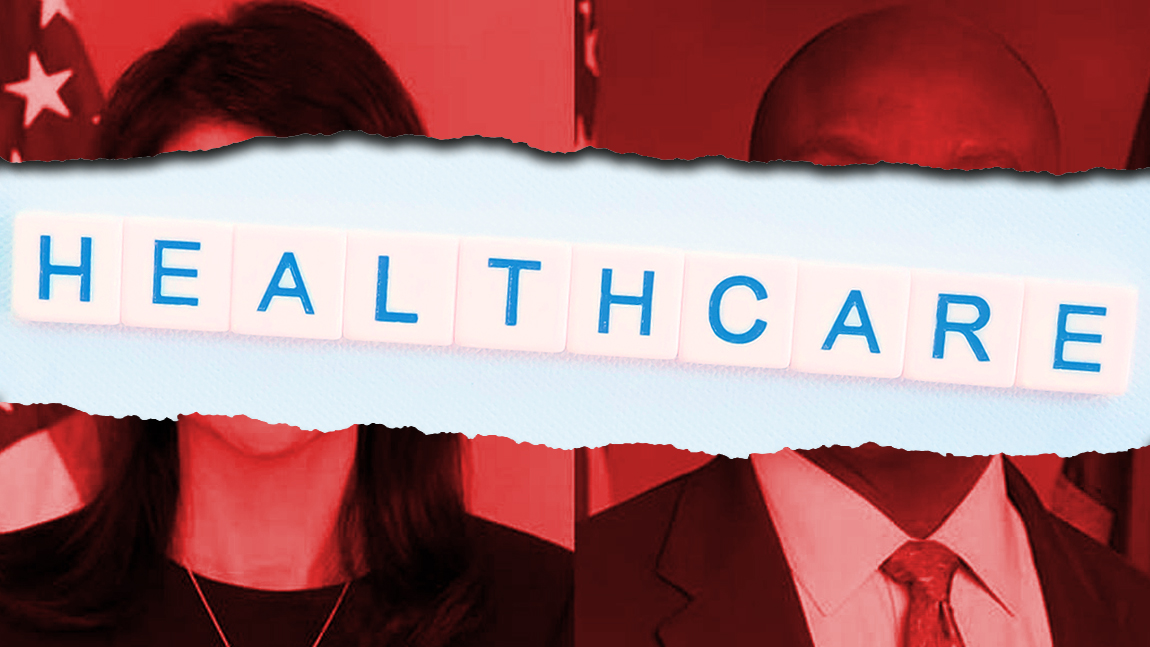By David Higham
HORRY COUNTY GOVERNMENT / LOCAL ISSUES
Local Cases and Deaths: As of April 23, coronavirus cases (COVID-19) in Horry County has reached at least 190, with 1,357 possible cases in the county, according to the state health department. There have been 12 area deaths due to the virus. (Myrtle Beach Online 4/23/20)
Pandemic Devastates Job Economy: Horry County has seen the highest unemployment claims of anywhere in the state since the coronavirus pandemic began. Since late March Horry County has had more than 40,000 initial claims filed. The county’s unemployment rate is estimated at 25 percent. (Myrtle Beach online 4/23/20; My Horry News 4/22/20))
County Budget: The Horry County Council has begun to hammer out the county budget that they say will be $51 million less than the spending plan they approved last year. “There’s going to be some serious, serious shortfalls,” Horry County Council Chairman Johnny Gardner said. (My Horry News 4/22/20)
Horry County to become a Second Amendment Sanctuary: The County Council passed an ordinance at its regular meeting on April 21 that states the county will oppose any state or federal law that council members believe violates the 2nd Amendment of the US Constitution (right to bear arms). (My Horry News 4/22/20)
Impact Fees: At the County Council’s budget meeting on April 17 members agreed that impact fees need more research and discussion. They agreed to hold a workshop on the subject later in the summer. The council’s interest in impact fees is to raise more revenue that can help offset the cost of the infrastructure and services needed to support new homes and businesses. (My Horry News 4/22/20)
STATE / SC LEGISLATURE
Governor Henry McMaster has ordered South Carolina’s K-12 Schools to Remain Closed the Rest of the School Year. Schools have been closed in the state since March 16. (Post and Courier, 4/23/2020) On April 20 the Governor lifted restrictions he placed weeks ago on some retail stores in the state, including those selling furniture, books, music, flowers, clothing and accessories, as well as department stores, sporting goods stores and flea markets. They can open at 20% capacity, or 5 people per 1,000 square feet. Local governments can still make their own rules about public beach access. (The State newspaper and Post and Courier newspaper 4/19/20; CNN 4/24/2020)
Minorities at Higher Risk for Infection, Death: African Americans, who comprise 27 percent of South Carolina’s population, make up 41 percent of confirmed cases and 56 percent of deaths, according to data released April 14 by the SC Department of Health and Environmental Control. (Post and Courier 4/16/20)
Budget Reprieve: Governor McMaster is proposing to bring state legislators back to the Statehouse after the peak of the coronavirus pandemic passes, at a time of their choosing, so they can deal with a spending plan that would avoid a government shutdown. The legislature has stopped meeting regularly since the outbreak of the pandemic and will need to convene before June 30 (the end of the fiscal year) to pass a continuing resolution to keep the government open. (Post and Courier 4/17/20)
Santee Cooper: According to NextEra Energy CEO James Robo, the company has not given up on its potential takeover of Santee Cooper, the state-run utility. Next Era’s offer to purchase the utility has met resistance from the state’s 170 lawmakers who need to sign off on any potential sale. (Post and Courier 4/23/20)
FEDERAL / US CONGRESS
Congress Delivers More Small Business and Hospital Aid: President Trump has signed into law a fourth, and probably not the last, major legislative package to address the coronavirus pandemic. This bill provides nearly $500 billion infusion of coronavirus spending, rushing new relief to employers and hospitals. Anchoring the bill is the Trump Administration’s $250 billion funding request to replenish the Paycheck Protection Program to help small and medium-size business with payroll, rent and other expenses. The payroll program provides forgivable loans so businesses can continue paying workers while forced to stay closed during the pandemic. It also contains $100 billion demanded by Democrats for hospitals and a nationwide testing program, along with a $60 billion set-aside for small banks and an alternative network of community development banks that focus on development in urban neighborhoods and rural areas ignored by many lenders. There is also an added $60 billion for small business loans delivered by the government’s existing disaster aid program.
An initial $349 billion set aside passed by Congress for the Paycheck Protection Program ran out of funds on April 16, after being available for less than two weeks. Banking industry groups cautioned that the new money passed by Congress for the Paycheck Protection Program may already be spoken for. They said that the volume of applications means that much, if not all the money will go to those already in the queue. (Post and Courier 4/24/20; Roll Call newspaper 4/24/2020))
Across the country, State and Local Governments are Petitioning the Federal Government to Rescue them from what could become a fiscal catastrophe: Congressional Democrats were not successful in amending the latest legislative package to include roughly $150 billion in funding to state and local government that they say is needed to fund essential services. Senate Republican leader Mitch McConnell said that states and cities should look to the bankruptcy courts rather than the federal government. State and local governments employ more than 10 percent of the overall U.S. workforce, including police officers, firefighters and public-school teachers. (NBC News, 4/22/2020; CNN, 4/23/20)
Hidden Outbreaks Fueled Pandemic Spread: According to researchers at Northeastern University, hidden outbreaks of COVID-19 were spreading almost completely undetected in New York, Boston, San Francisco, Chicago and Seattle, long before testing showed that each city had a major problem. In those five major US cities, as of March 1 there were only 23 confirmed cases of coronavirus. At that time President Trump and federal officials reassured the public the risk of catching the virus was low. But according to the Northeastern model, there could have been about 28,000 infections in those cities by then. (NY Times 4/23/20; CNN 4/18/20 and 4/24/20)
Trump’s Travel Restrictions on China found to be Porous: Since Chinese officials disclosed the outbreak of a mysterious pneumonialike illness to international health officials on New Year’s Eve, at least 430,000 people arrived in the U.S. on direct flights from China, including nearly 40,000 in the two months after President Trump imposed restrictions on such travel, according to a NY Times analysis of data collected in both countries. The findings show that the travel restrictions, however effective, may have come too late to impede the virus’s spread in the US and were not effective in keeping “China out” as Trump has repeatedly claimed. (NY Times 4/15/2020)
S Wasted Months before Preparing for Virus Pandemic: A review of federal purchasing contracts by the Associated Press shows federal agencies largely waited until mid-March to begin placing bulk order of N95 respirator masks, mechanical ventilators and other equipment needed by front-line health care workers. By that time, hospitals in several states were treating thousands of infected patients without adequate equipment and were pleading for shipments from the Strategic National Stockpile. (ABC News 4/6/2020)
CBO Itemizes the Economic Damage Done: The Congressional Budget Office issued new projections showing real gross domestic product (GDP) contracting at an annual rate of nearly 40 percent in the second quarter of this year. Growth is projected to pick up in the third quarter, but U.S. real GDP would still finish the year 5.6 percent smaller. That would be the worst annual economic performance on record, according to the federal Bureau of Economic Analysis. CBO estimates the nation’s deficit this year would amount to 17.9 percent of GDP, a ratio not seen since World War II. (Roll Call newspaper, 4/24/2020)
Uninsured to be Covered for COVID Care: The Trump Administration announced a plan to start paying hospitals and doctors who care for uninsured patients with COVID-19 and said that health care providers would not have to ask about a patient’s immigration status. The money will come from a pot of $100 billion that Congress has approved to provide relief for the health care system. Consultants at Health Management Associates estimate that 12 million to 35 million people could lose workplace coverage in the economic shutdown aimed at containing the spread of the virus. (Post and Courier newspaper 4/23/2020) Earlier the Trump Administration opted against reopening the Affordable Care Act (Obama Care) marketplaces on healthcare.gov for a special enrollment period to accommodate those who have lost employer-sponsored healthcare amid the coronavirus pandemic. (CBS News 4/3/2020)
Trump Releases Guidelines for Opening the Economy: President Trump and the federal government released “Guidelines for Opening Up America Again”, suggesting that governors should decide when to ease restrictions. Since the release of the guidelines there has been confusion over testing and timetables. For example, Trump initially praised the Georgia governor for opening the state, then a day later said he “strongly disagrees” with the Governor’s decision to allow businesses like barbershops and nail salons to reopen. (NBC News 4/22/20)
Trump and Lead Scientist Disagree on Testing Capability: Dr. Anthony Fauci, a National Health Institutes director and the nation’s top infectious disease expert, said the US needs to “significantly ramp up” testing for the coronavirus. “We absolutely need to significantly ramp up, not only the number of tests but the capacity to actually perform them,” Fauci said during a Time 100 Talks interview, explaining that many equipment pieces and chemicals need to be in the right place to do the tests. “I am not overly confident right now at all that we have what it takes to do that,” Fauci added. Trump responded, “I don’t agree with him on that, no. I think we’re doing a great job on testing.” Public health experts widely agree that to control the epidemic in the absence of strict social distancing measures, states and localities will need to build the capacity for additional testing and contact tracing. (CNN, 4/23/20)
US Jobless Claims Reach 26 Million Since Coronavirus Hit. In just one month, all job gains since the Great Recession have disappeared, according to new data released by the US Department of Labor. (NBC News 4/22/2020)
Unemployed Get Added Benefits: Before the coronavirus, people receiving unemployment benefits in most states got, on average, less than half their weekly salaries. Now, as millions file claims, many are poised to receive more money than they would have typically earned in their jobs. This is due to Congress providing an additional $600 a week (for a maximum of 10 weeks) in the federal stimulus package for the unemployed. The congressional act also allows part-time and self-employed workers who would normally not qualify for unemployment to receive benefits. Why $600? “Unemployment benefits are typically meant to keep people afloat but stay low enough to incentivize them to find a job. Now, when seeking work may be both fruitless and dangerous, the incentives have nearly reversed,” according to reporting by the NY Times. ((NY Times 4/23/20)
Trump Administration announces Roll-Back of Automobile Fuel Standards: The finalized rule, prepared by the Environmental Protection Agency and the Department of Transportation, calls for fuel economy and emission standards to increase by 1.5% annually, rather than the approximately 5% increases in an Obama-era, 2012 rule. Former President Barack Obama reacted by issuing a rare criticism of the Trump Administration, saying Americans “have to demand better” of their elected leaders. (CNN 4/1/2020)
President Trump Signs Executive Order Temporarily Barring Some Immigration: The order includes people outside the United States seeking to legally migrate to the US, with some exceptions. It is estimated that the order would block around 52,000 green card holders over the 60-day period it is in effect. (CNN 4/23/20)
THE COURTS
Lawsuits Over Expansion of Absentee Voter Access: A pair of lawsuits have been filed to expand absentee voter access amid the coronavirus pandemic. Unlike some states which allow “no-excuse” absentee voting, South Carolina has a limited list of reasons why voters can request absentee ballots that does not include self-isolating due to a pandemic. The South Carolina Democratic Party and national Democratic Congressional Campaign Committee took their complaint to the S.C. Supreme Court, urging the court to consider people who choose to maintain social distancing to avoid contracting the virus as “physically disabled” in order to be eligible. Meanwhile, the American Civil Liberties Union of South Carolina filed suit in federal court. (Post and Courier, 4/23/20)
US Supreme Court Scraps April Calendar: Citing the public health crisis, the US Supreme Court cleared its calendar for April, postponing eight cases, adding to the 13 cases postponed in March. Among the cases postponed was a high-profile appeal from President Trump in three separate lawsuits seeking access to his personal financial records. (ABC News 4/3/2020)
Questions?
Contact David at dhigham32@gmail.com
Stay safe everyone

